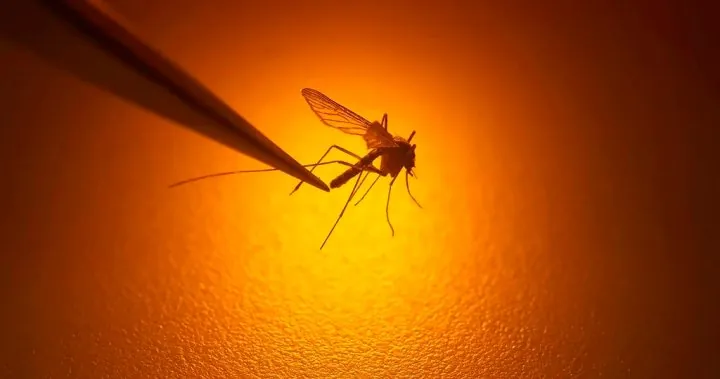
Are Zika and Dengue Looming Over Canada’s Summers? Experts Sound the Alarm!
2024-09-25
Introduction
As record-breaking heat waves sweep across Canada, public health officials and entomology experts are raising alarms about a troubling potential: the rise of insect-borne viruses like Zika and dengue fever in regions where they were previously rare.
Expert Insights
Fiona Hunter, a renowned professor of medical and veterinary entomology, emphasizes that while Zika and dengue are typically confined to tropical regions such as parts of South America and the western Pacific, changing climate conditions could bring these viruses to Canadian soil. “The risk stems from imported cases,” Hunter explains. “If a traveler contracts one of these viruses and returns home, local mosquitoes could transmit it to others.”
Current Situation in Canada
Currently, Canada is fortunate that the mosquitoes capable of transmitting Zika are not established in the country, and most dengue cases reported each year (between 200 to 300) come from travelers. However, with warmer summers, the Asian tiger mosquito, which carries dengue, shows the potential for adaptation. Although there is a small number of these mosquitoes in Windsor, Ontario, transmission remains highly unlikely—at least for now.
Impact of Climate Change
Sebastien Chouinard from Environment and Climate Change Canada warns that rising temperatures could change the game. "We’ve observed higher than normal temperatures across the country this August and over the past decade," he warns. "Climate change is playing a significant role in this shift." Dr. Nick Ogden, a spokesperson for the Public Health Agency of Canada (PHAC), outlines the 'theoretical risk' of local transmission of these diseases. "The prolonged summer warmth means mosquitoes can thrive longer," he adds. “Hotter conditions could allow infected travelers to spread the virus further than we see today.”
Recent Trends
Recent analysis reveals human-induced climate change has made patterns of extreme weather, such as the heat waves experienced this summer, at least two to ten times more likely. For instance, Atlantic Canada sweltered under temperatures 10.6 °C above normal one mid-June day, while Alberta soared to 31.5 °C in mid-July.
Global Context
The global perspective paints a concerning picture: across Europe, the European Centre for Disease Control recently documented a surge in locally acquired dengue cases in 13 nations. Meanwhile, the United States reports alarming increases, with dengue cases rising sharply from 3,300 in 2023 to over 5,000 this year alone.
Preventative Measures
On the home front, while the chances of Zika or dengue taking root in Canada remain low, officials are not taking any risks. They are proactively creating risk maps through modeling and field studies, analyzing optimal strategies used in other countries to manage local mosquito populations.
Conclusion
Hunter also highlights a positive angle: the robust mosquito surveillance systems in the U.S. could provide critical early warning signs for Canada. "By monitoring what’s happening just south of us, we can stay vigilant and prepare for potential threats," she notes. With the ongoing changes to climate and insect behavior, experts urge Canadians to stay informed and prepared, emphasizing the importance of public awareness and potential preventative measures. The question remains — will warmer summers lead to new virus outbreaks in Canada? Only time will tell!









 Brasil (PT)
Brasil (PT)
 Canada (EN)
Canada (EN)
 Chile (ES)
Chile (ES)
 España (ES)
España (ES)
 France (FR)
France (FR)
 Hong Kong (EN)
Hong Kong (EN)
 Italia (IT)
Italia (IT)
 日本 (JA)
日本 (JA)
 Magyarország (HU)
Magyarország (HU)
 Norge (NO)
Norge (NO)
 Polska (PL)
Polska (PL)
 Schweiz (DE)
Schweiz (DE)
 Singapore (EN)
Singapore (EN)
 Sverige (SV)
Sverige (SV)
 Suomi (FI)
Suomi (FI)
 Türkiye (TR)
Türkiye (TR)